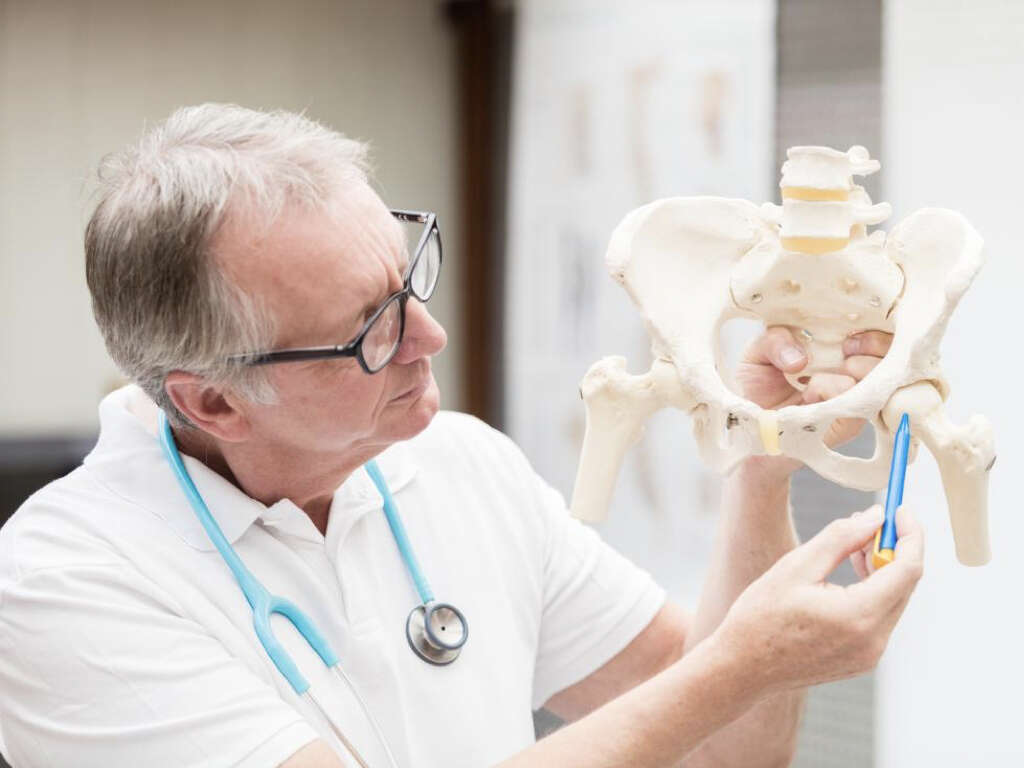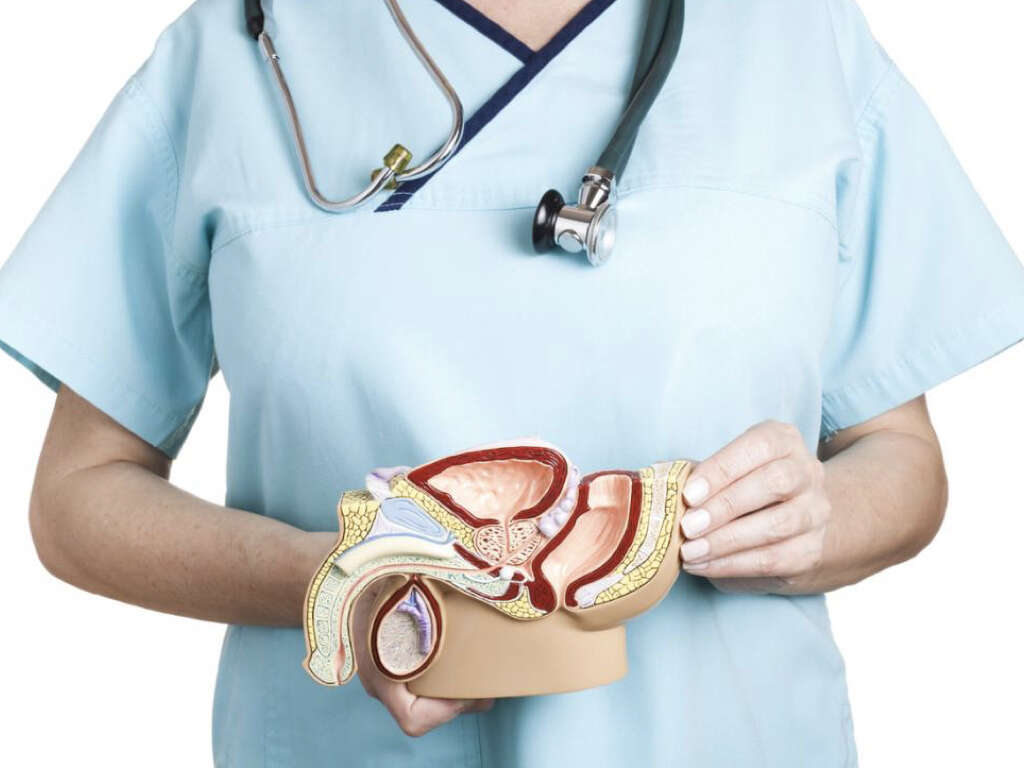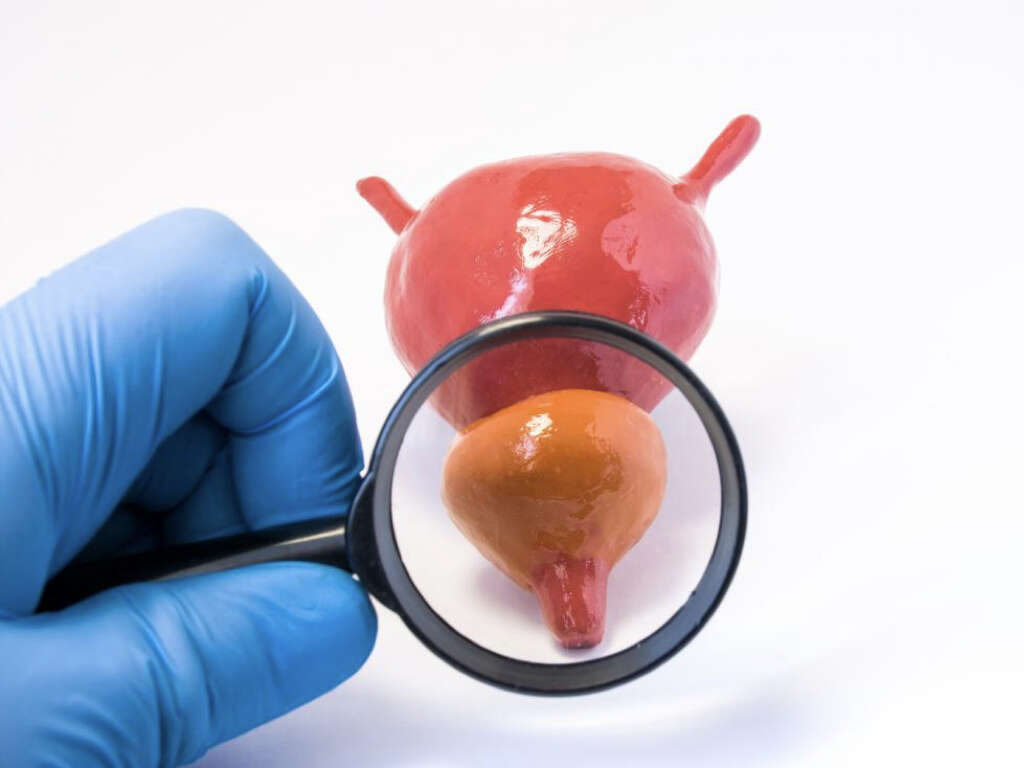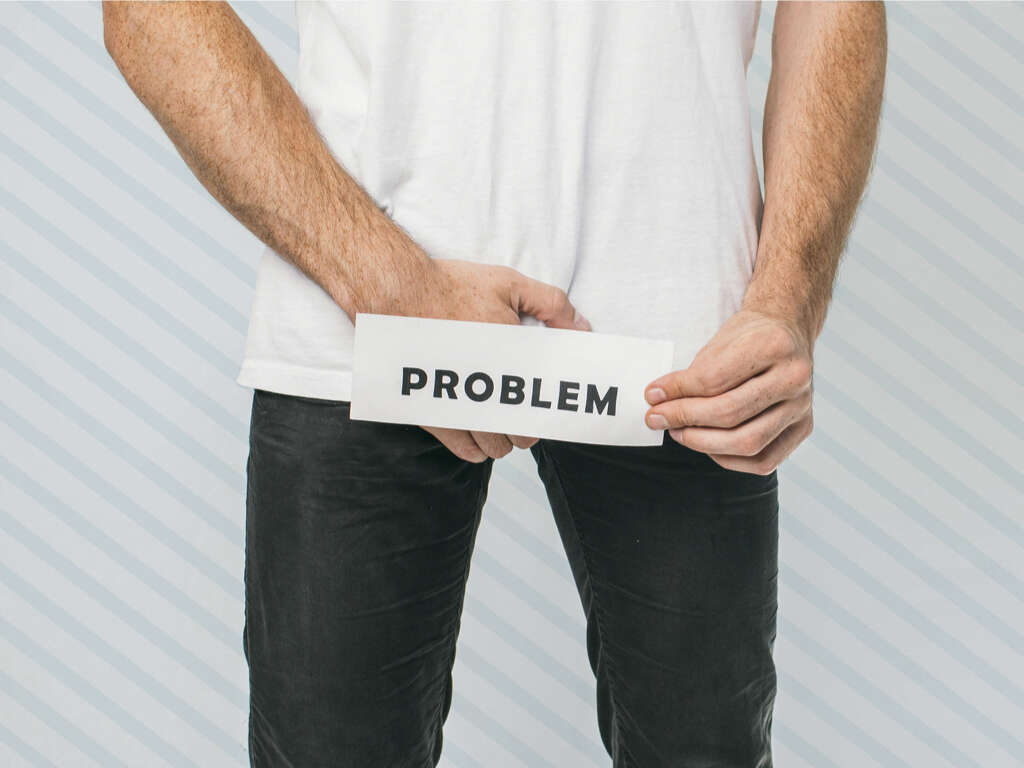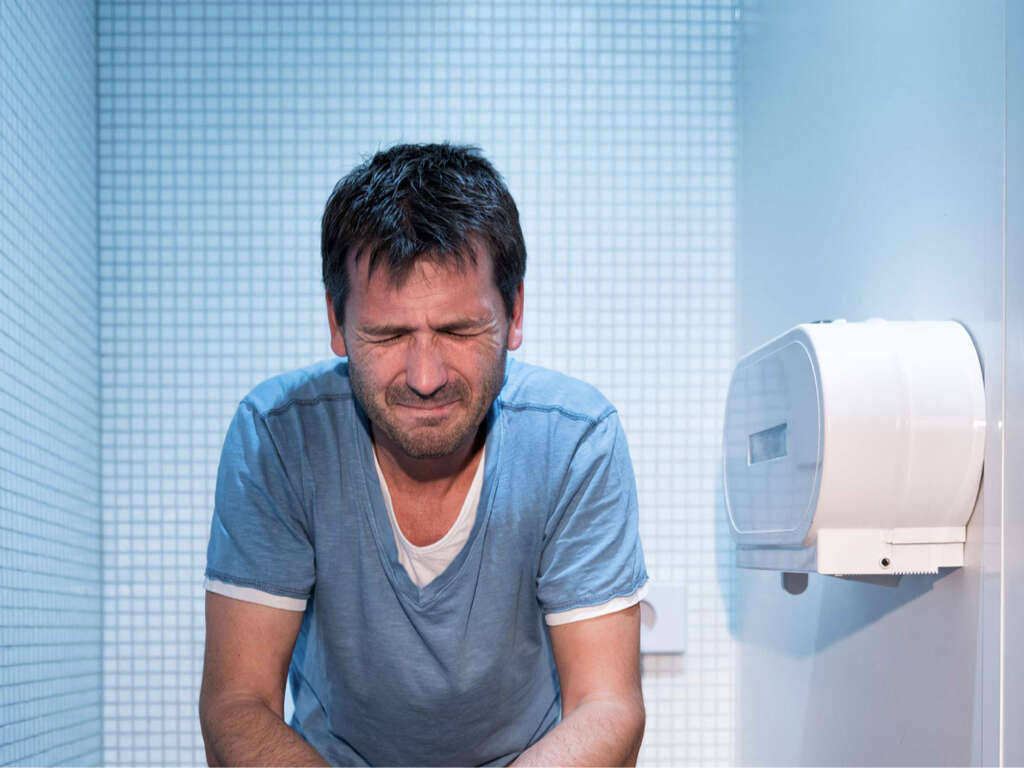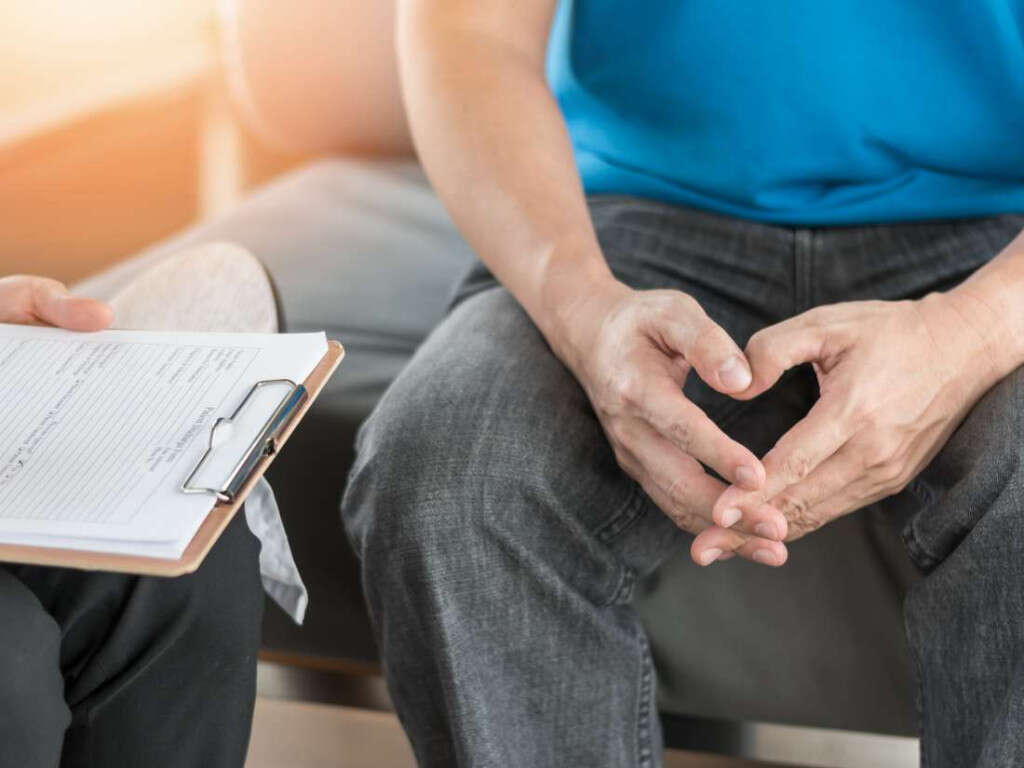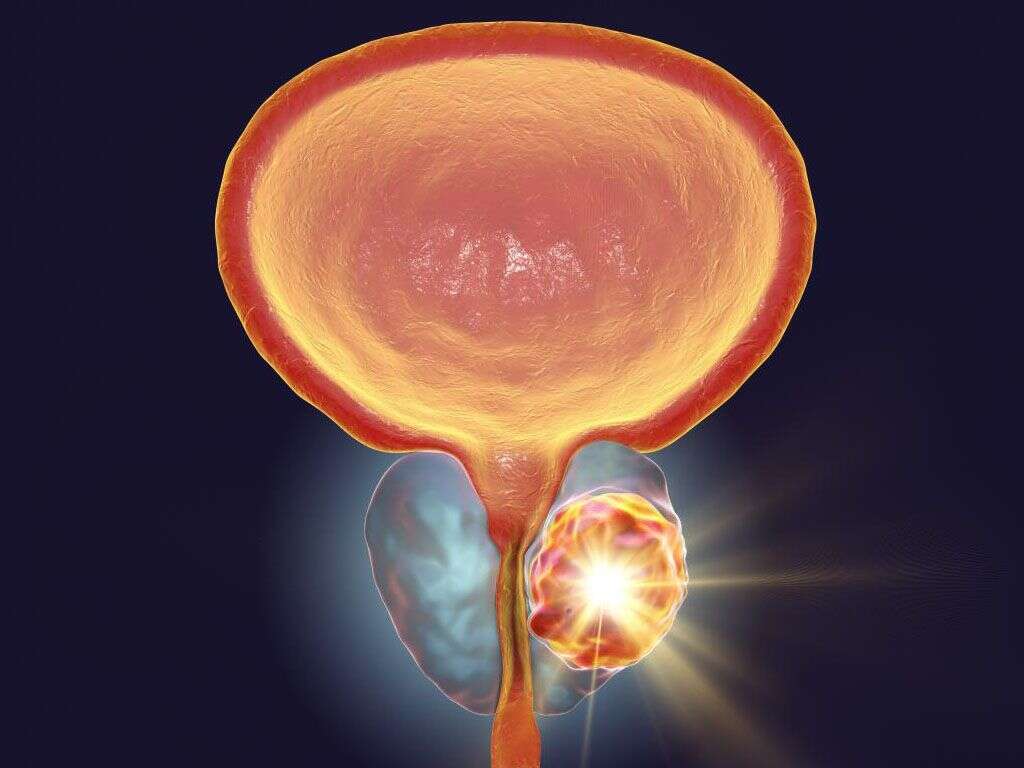10 BPH Symptoms
The prostate is a gland that is found only in men. It is located just below the bladder and is responsible for supplying seminal fluid. This allows semen to be ejaculated, thus enabling reproduction. It is not often that we will even notice this gland at all but it can be troublesome sometimes.
Benign prostatic hyperplasia (BPH), which is also known as an enlarged prostate, can cause some problems with the urinary tract. The enlarged gland puts pressure on the bladder and nearby tissues and this can result in various symptoms.
It can be treated with medication, although surgery may sometimes be necessary. Below are 10 symptoms of BPH to look out for.
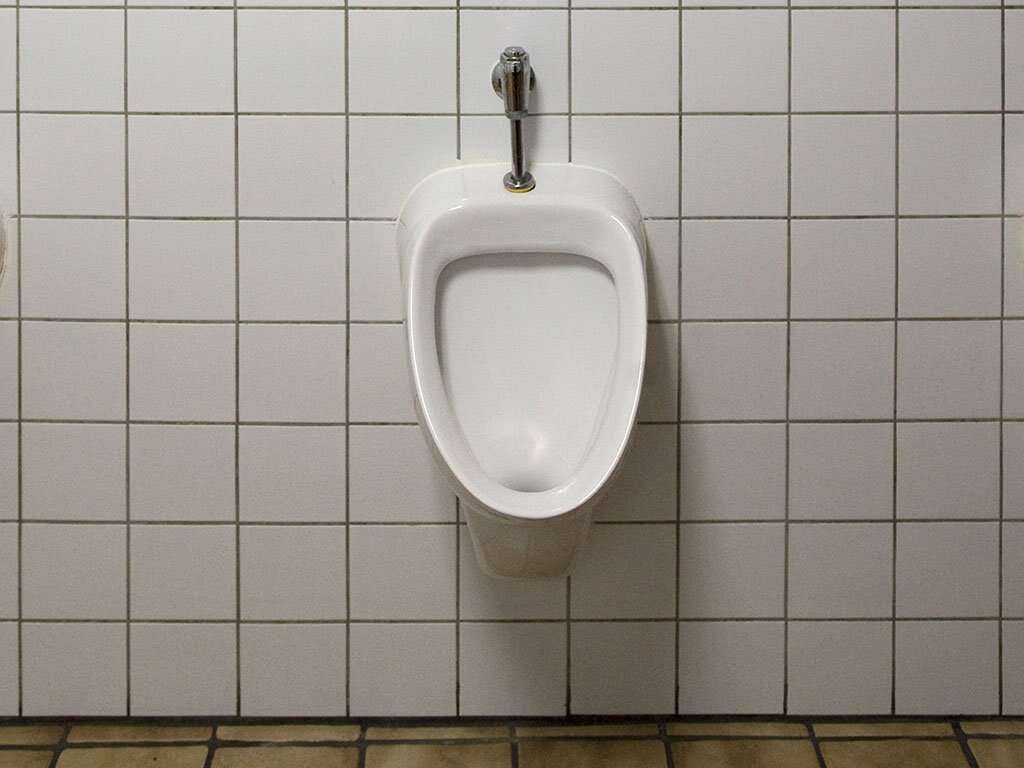
Symptom #1: Dribbling after Urinating
We need to be able to expel urine from our bodies, it has to go somewhere after all. The system that we have is quite effective, even if it can be a little inconvenient from time to time. It was particularly useful for us when we were in the wild, because it prevented a trail of urine that could give our location away to potential predators.
The flow of urine will usually stop completely once we have finished urinating. This is not always the case in people with BPH, however, as they can continue to dribble urine even after they have finished.

Symptom #2: Urinating Frequently
Human bladders generally hold around 400–600 mL of urine. When it is close to capacity then it will need to be emptied, and this is achieved through urination. This means that most people are likely to need to urinate several times every day, although the figure can vary according to factors such as the volume of liquids you have consumed.
Benign prostatic hyperplasia, however, expands and pushes into the bladder. This has the effect of decreasing the bladder’s capacity. As such, people with the condition are likely to be making more trips to the bathroom.

Symptom #3: Urgent Urination
Getting caught short when you have no access to a bathroom can put you in a difficult situation. It is not usually a problem, however, because we normally get plenty of warning and are able to find a bathroom in time. However, this can be a lot harder for people that have BPH.
People with the condition will sometimes find that they suddenly need to use the bathroom, and urgently. This can be very difficult for them at times because they are not always likely to be in the vicinity of a bathroom. Patients can try to go before they leave the home, but other symptoms can make this difficult.
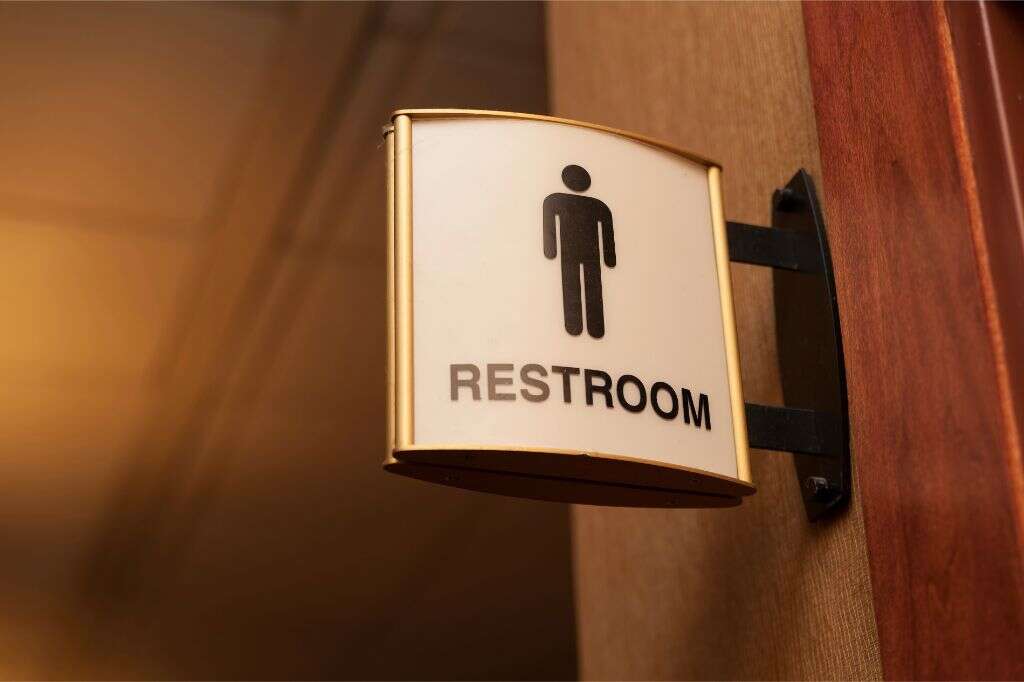
Symptom #4: Cannot Empty Bladder
When we go to the bathroom, we will usually empty our bladder completely to make plenty of room for it to be filled again. This leaves us feeling fully relieved after urinating without feeling the need to urinate further. This is often not the case among people that have BPH, though.
People with the condition will often find that they are unable to completely relieve themselves. This can be particularly troublesome at night when the patient finds it difficult to sleep because they cannot relax properly. The symptoms are caused because of pressure being put on the bladder by the enlarged prostate.
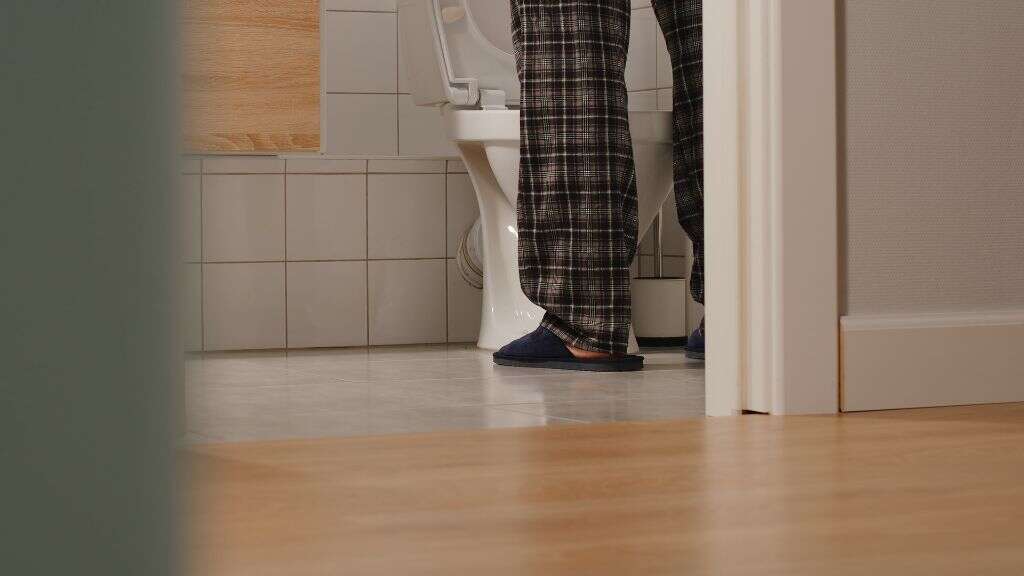
Symptom #5: Pain
Urinating is usually a fairly seamless affair. It usually only takes a couple of minutes or so and is achieved with very little effort. It is also generally very painless, thankfully, but not everybody is able to say the same. People with BPH will sometimes find that even just urinating can be a painful affair.
The pain can make people understandably reluctant to go to the bathroom but it is, unfortunately, unavoidable. Pain is not a very common symptom of BPH, but it can manifest when a patient with a full bladder is unable to start urinating spontaneously and needs to push in order to relieve themselves. Other conditions may cause pain during urination more frequently than BPH, so if you are experiencing this symptom, you should seek medical attention to assess the situation.
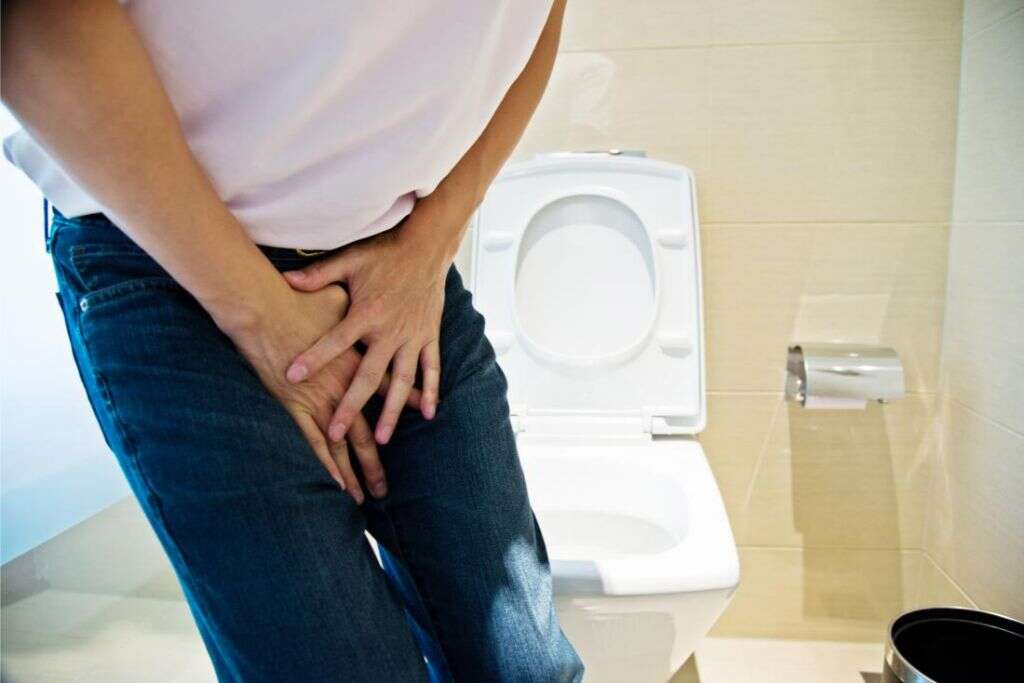
Symptom #6: Difficult to Start Urinating
When we go to the bathroom to urinate, it mostly just happens naturally. In men, it is generally a case of pointing it in the right direction and letting nature do the rest. Among patients that have BPH, however, even getting started can be a lot harder than for others.
People with the condition will often find that they just cannot start urinating. This can be the case regardless of just how full their bladder can be. This can obviously be quite uncomfortable for a patient that is full and needs to relieve themselves. A doctor may be able to prescribe something that will help patients relieve themselves.
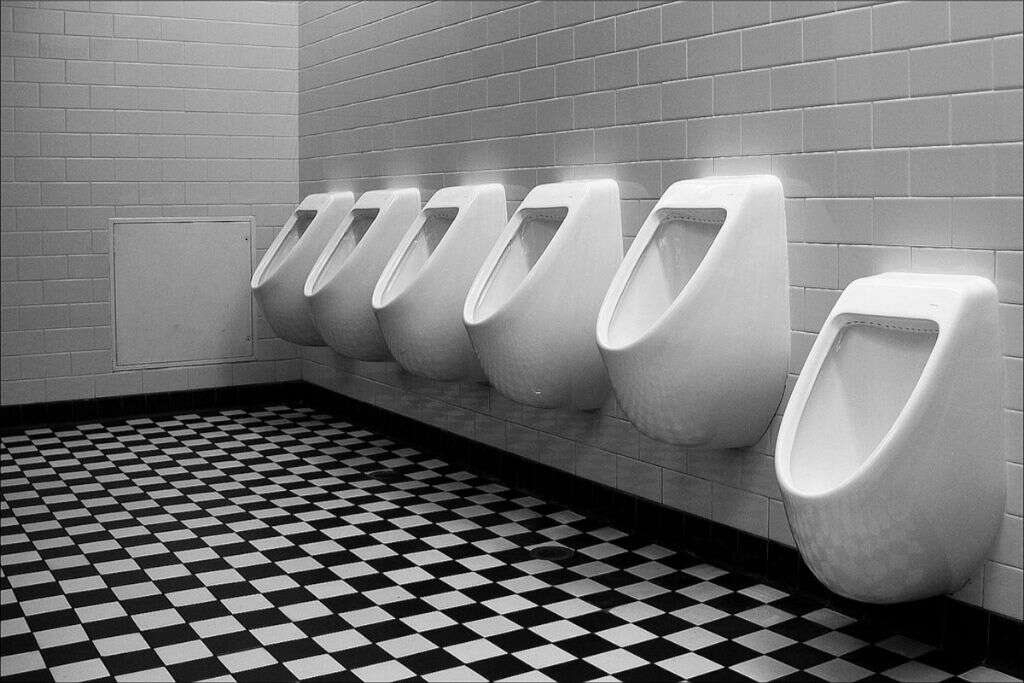
Symptom #7: Nocturia
For those of us who are fortunate enough, getting a good night’s sleep is an easy thing to do. The lucky will go to bed and fall asleep shortly afterward, remaining asleep until it is time to wake again in the morning. Not everybody is quite so lucky, though, and many will find that their sleep is disturbed throughout the night.
Patients with BPH find that they often wake at night because of a need to urinate. This can make it difficult for them to get enough sleep night, leaving them feeling tired the following day. Limiting the intake of fluids before you sleep may be able to help alleviate the problem.
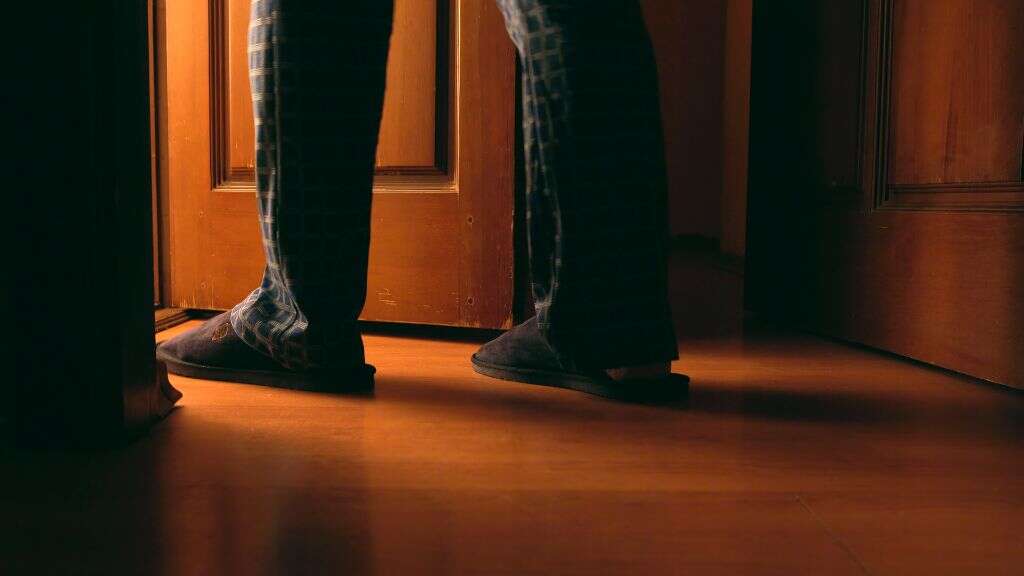
Symptom #8: Weak Urine Flow
When men urinate, there is usually a steady flow as urine is forced out from the body. They can try squeezing with their abdomen muscles but this is not usually necessary as the flow is sufficient as it is. If you have BPH, however, then this may not be the case.
People with the condition will often find that the flow of urine is not as strong as it usually is. It can also stop completely at times and it can be difficult to get the flow started again. It can make urinating a lot longer than usual, and this can be very inconvenient at times, such as when busy at work.

Symptom #9: Blood in Urine
Our kidneys help to filter waste liquids and chemicals from the blood. This helps to keep the blood clean, allowing it to function properly in its job of transporting nutrients and oxygen around the body. Although they extract fluids from the blood, however, this does not mean to say that there should be blood present in the urine.
If you do spot blood in the urine then there is clearly a problem. It can be caused by BPH while it can also be caused by more serious conditions. If you do notice any blood in your urine then you should arrange to speak with a doctor as soon as you can.

Symptom #10: Urinary Tract Infection
The urinary tract is the name given to the urinary system overall. This includes the kidneys, bladder, and the urethra. Everything usually works quite smoothly in the system but conditions like BPH can change this. If the system is not working as it should, then infections can occur.
The urinary tract is responsible for removing pathogens and other unwanted substances from the body. This means that infections can occur if pathogens are able to accumulate in the system. It is something that can be risky and needs to be treated, and this is usually done quite easily with the help of antibiotics.




